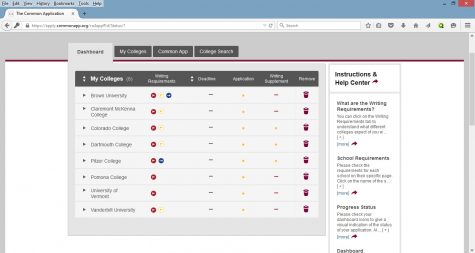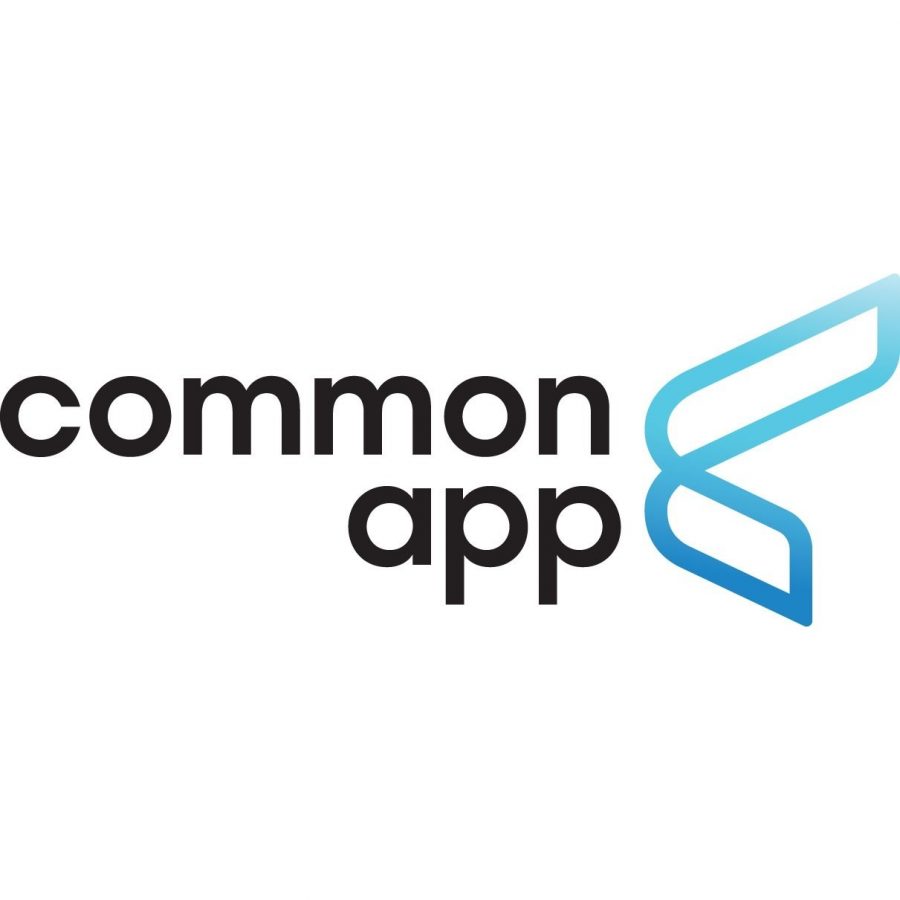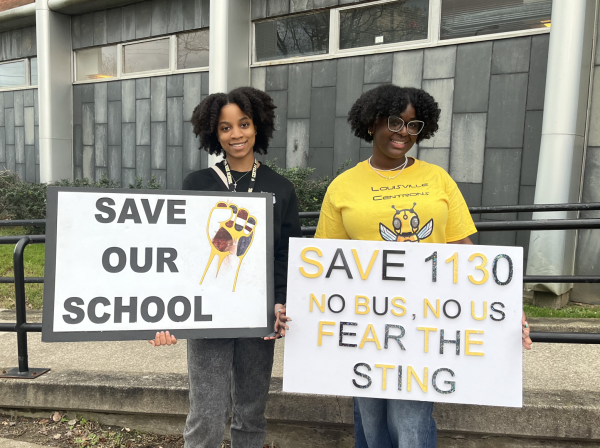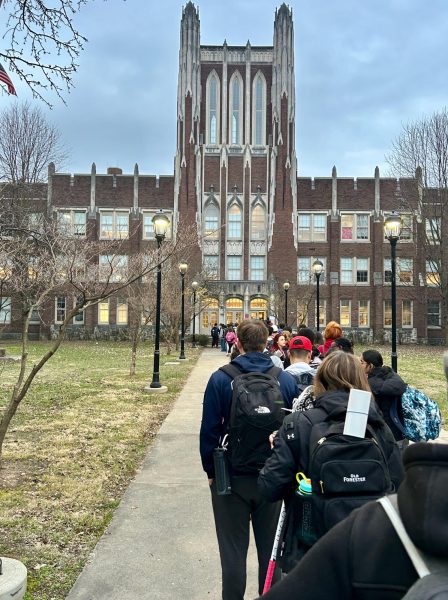Common misconceptions about the Common Application
September 24, 2019
As the stress of applying to multiple schools increases, the Common Application is here to make applying more manageable. The Common Application or “Common App” as referred to by students, is an undergraduate college admission process that allows students to fill in their information and disperse it to more than 800 different colleges around the world.
There are many misconceptions and details about the Common App that students aren’t aware of but these very details are necessary for completing the application efficiently and adequately.
The #CommonApp is now available! Get started on your applications by creating an account: https://t.co/ndrtxzHqsp. pic.twitter.com/JHyBP4Mte6
— Common App (@CommonApp) August 1, 2019
All of the student information needed for each school is filled out once in the Common App then transferred to all of the prospective college applications on a student’s list.
This feature saves time and increases accuracy by automatically filling out basic information for every school simultaneously rather than the student filling out the forms for every different college application.
A common misconception about the Common App is that all colleges in the U.S. use it, however, this is false. Colleges across the nation and world decide if they want to use the Common App.
In Kentucky, many of our state colleges don’t use the Common App for admissions. Some of these schools include the University of Louisville, Western Kentucky University, Murray State University and Kentucky State University. These schools all have individual applications and requirements.
When thinking of applying to certain colleges, it’s best to go to the Common App website and do a college search for all of the potential schools on a student’s list to ensure that Common App is used or not.
If the schools do not use the Common App the next step would be to visit their website and find the school-specific application process.
Another thing to pay close attention to once the student is certain that their desired school uses the Common App is to see if there are any required essays.
A student will more often than not need to complete a Common App-prompted personal essay for their application.
Once this essay is complete, they’ll then need to check each individual college they’re applying to in order to see if they have school-specific supplement essays to be completed. A supplement essay is usually a shorter, simpler essay that is more focused on the reflection of the student and/or their path for the future.
A detail of the Common App (and school-specific applications) that most prospective students don’t know is that there are many different types of application admissions.
Early action, regular action, early decision and regular decision are all different application admission deadlines that vary at each school.
Early action is when a student applies a few months earlier than the normal application deadline and receives admission a few months earlier; with early action, the student doesn’t have to commit to the college right away.
One misconception of these admission deadlines is that the application deadline for early action is the same for all schools.
In reality, the early-action deadline varies for every college on the Common App. For example, the University of Kentucky’s early action deadline is December 1, 2019 but the University of South Carolina’s early action deadline is October 15, 2019.
Regular action and regular decision are the normal application/admission process available at every college.
Early decision is when a student applies a few months earlier than the regular action deadline and upon admission, they are bound to that college and must cancel all applications sent to other schools.
Regular decision is where a student applies by the regular deadline and every student who applied finds out on the same day, months later.
Some schools offer rolling-admission, which is where the school will review your application as soon as you submit it and you will find out if you were accepted or not within a few weeks.
Along with the foggy admission titles and varying deadlines, there are also varying application fees.
In order to apply for colleges using and/or not using the Common App website, the prospective student may need to pay an application fee. The fees vary anywhere from $50.00 to $90.00, it just depends on the college. Some colleges even offer a free application.
All of the above-mentioned misconceptions and grey area details can be clarified for each college that uses the Common Application by looking at the college search page
.
By going to the college search page and clicking on the desired college, it will pull up an information page about basic deadlines, fees and application priorities.
Listed below is a checklist of things to look for when using the carrying out the college application process no matter which way you do it.
- Check if your college uses the Common App
- Check for a mandatory personal essay
- Check for any supplement essays for each college
- Verify which admission deadline suits you
- Know the application fee for each college being applied for
- Know if your teacher recommendations are required or optional
- Invite your counselor to your application for counselor recommendations and transcripts


















